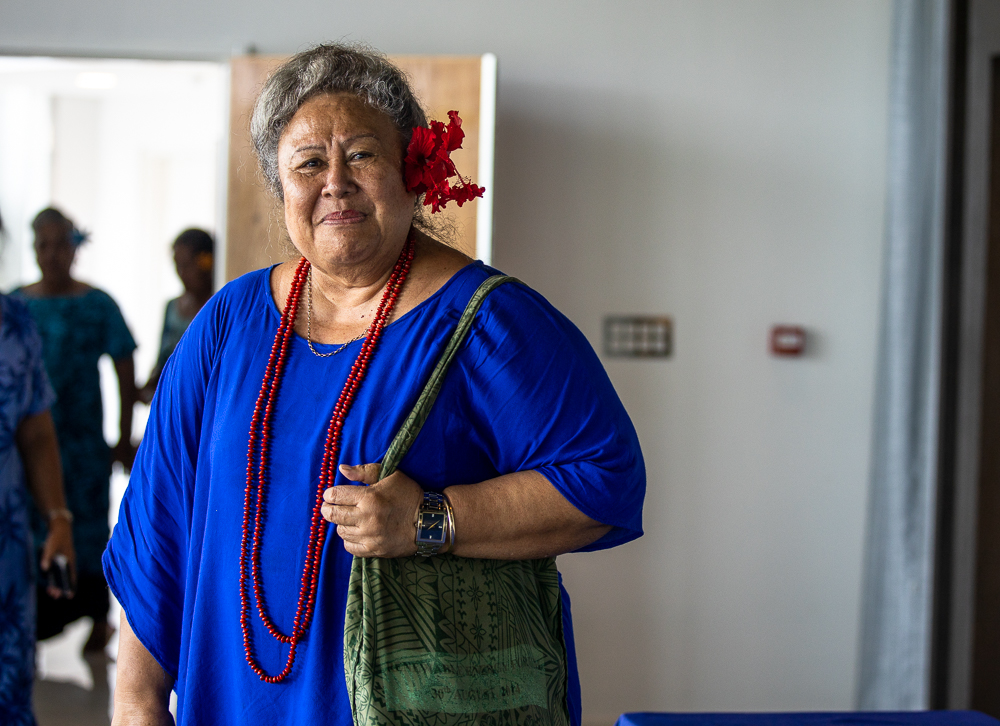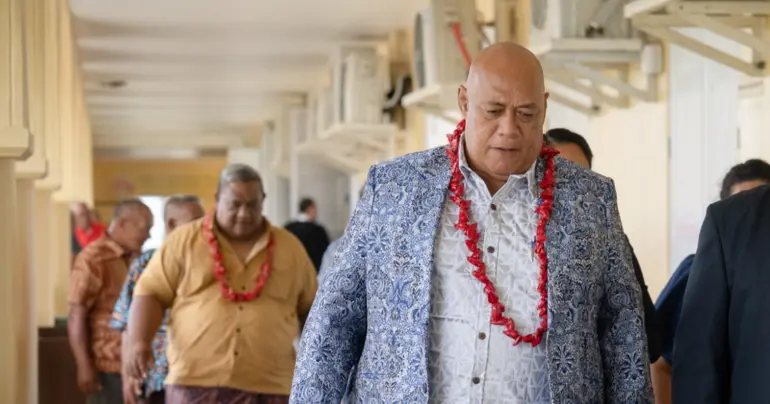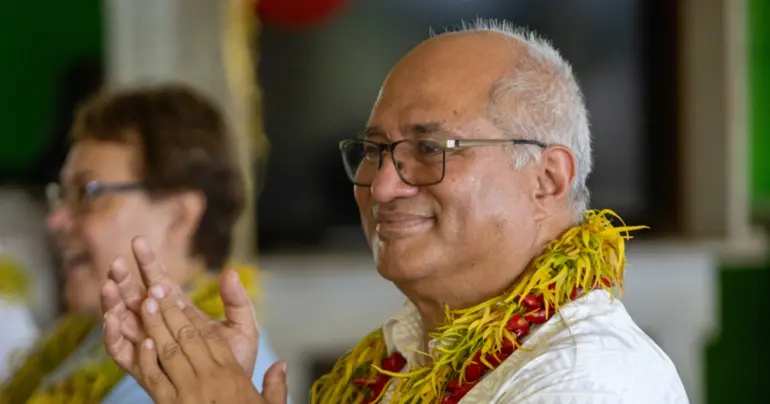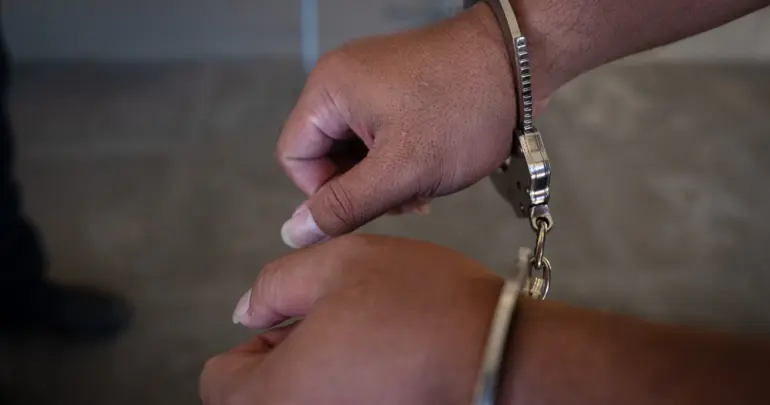Return power to women in the village, former public servant says
 By Sapeer Mayron
•
25 October 2020, 8:00AM
By Sapeer Mayron
•
25 October 2020, 8:00AM
Long-serving public servant in the health sector, Palanitina Tupuimatagi Toelupe, wants women to reclaim their healthcare roles at the village level.
The former Ministry of Health Director-General and National Health Services Chief Executive Officer spoke to the Samoa Observer on the sidelines of the National Council of Women workshop last week.
She said Samoan women have always been able to organise their villages to promote healthy lifestyles and prevent illnesses, but their role has been diminished over the years.
What used to be a health promotion model has shifted to becoming a “disease model” where people wait to get sick and then seek treatment, rather than avoiding illness,” Mrs. Toelupe said.
“What we hope to see happen is a shift from a disease prevention focus to a health promotion focus.
“Health promotion is about developing and sustaining good health and making sure people are healthy for as long as they can before they need to go to hospitals and look for treatment. It is a shift that has been advocated for a long time but it hadn’t been believed.”
Women’s committees have been tapped into to manage health promotion and surveillance, partly thanks to a World Health Organisation programme called PEN Fa’aSamoa (Package of Essential Non-communicable Disease Interventions).
That programme continues to be rolled out across Samoa, training families to run their own health checks and catch potentially debilitating diseases early, so that treatment or lifestyle changes can begin.
Mrs. Toelupe said she wants women’s groups, led by the wives of village chiefs and orators, to be confident in their abilities to carry out these programmes.
“That is what we are talking about, to revive that strength in order for women to realise they are the powerhouse [of their village,]” she said of the National Council of Women session last week.
“It is important that they are courageous enough not to be dictated to by the professionals or the organisations or the institutions, but by what they see as women being the best thing to do for their family wellbeing.
“They need encouragement, they need support, a lot of support in order to do that.”
In September, the Ministry of Health began seeking a Public Health Physician to work as a consultant on the PEN FaaSamoa programme, covering everything from the clinical work, operational work to the monitoring and evaluation of the programme.
The Ministry hopes to develop and disease registries, have stronger systems for non-communicable disease prevention and control, and for those systems to be regularly evaluated.
In 2018, a report on Samoa’s 2015 PEN FaaSamoa pilot revealed 6.7 per cent of over 40-year-olds surveyed in the programme were identified as high risk and could be recommended for treatment.
A further 33 per cent had elevated blood pressure, and seven per cent had elevated blood glucose levels.
A major success was reported to be helping the villagers understand that just because they have no symptoms, does not mean they are not unwell, with many non-communicable diseases not showing symptoms until the situation is quite bad.
Tags
 By Sapeer Mayron
•
25 October 2020, 8:00AM
By Sapeer Mayron
•
25 October 2020, 8:00AM











